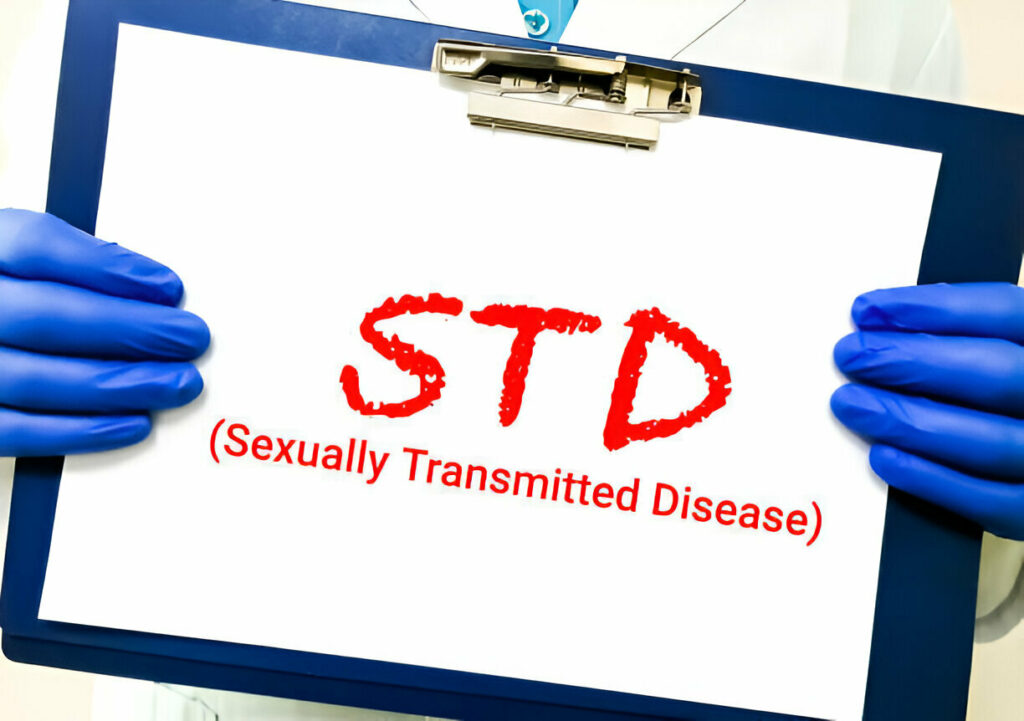
Regular health checkups help you manage overall wellness, and incorporating sexually transmitted disease (STD) screening into these visits is a practical step. STD screening involves tests that detect the presence of infections passed through sexual contact. Early STD detection protects your health and helps prevent the potential spread of infections to others. Here are some reasons why STD screening should be part of your health checkup:
Not All Infections Present Symptoms
Many STDs are asymptomatic, meaning they do not have noticeable signs or symptoms, especially in their early stages. Infections like chlamydia, gonorrhea, and human papillomavirus (HPV) can exist without causing any pain, discomfort, or visible changes. You might feel healthy while an infection is present. Without testing, these infections may go undetected for months or even years and can be unknowingly transmitted to partners. Some infections, if left untreated, also lead to more complex health issues. When symptoms are not present, getting tested is the only way to confirm your health status. This makes routine screening a key component of your regular medical care.
Protection Isn’t 100% Effective
Using protective measures like condoms reduces the risk of transmitting many STDs, but they do not offer complete protection. Condoms help prevent the spread of infections transmitted through bodily fluids, including chlamydia, gonorrhea, and HIV. They are less effective against infections spread through skin-to-skin contact, like herpes, HPV, and syphilis, particularly if the infected area is not covered.
Human error, such as incorrect use, or product failure, like a condom breaking, also contributes to the possibility of transmission. Relying solely on barrier methods without periodic testing may leave you with a false sense of security. Combining consistent use of protection with regular screening offers a comprehensive approach to your sexual health.
Home Testing Isn’t Reliable
While at-home STD screening kits are available, their accuracy may vary. The reliability of these tests depends on several factors, including how the sample is collected and the quality of the test itself. An incorrectly collected sample might lead to an inconclusive or false result. Some home tests are more likely to display false positives than lab tests; a healthcare provider should review all results to confirm a diagnosis.
In a clinical setting, a healthcare professional performs the test, minimizing the chance of user error during sample collection. Labs used by clinics follow strict quality control standards to process samples. Getting tested by a healthcare provider helps verify the accuracy of your results. It also provides an opportunity to ask questions and receive guidance from a medical professional. Many healthcare providers offer follow-up care and recommend treatment options if needed.
Schedule STD Screening Today
Adding STD screening to your annual checkup routine provides clarity and helps you make informed decisions about your sexual health. Early detection allows for prompt management of any infections. It also helps reduce the risk of transmission to others. Speak with your healthcare provider to determine what type of screening is appropriate for you. Schedule your appointment to make STD testing a regular part of your health maintenance.




